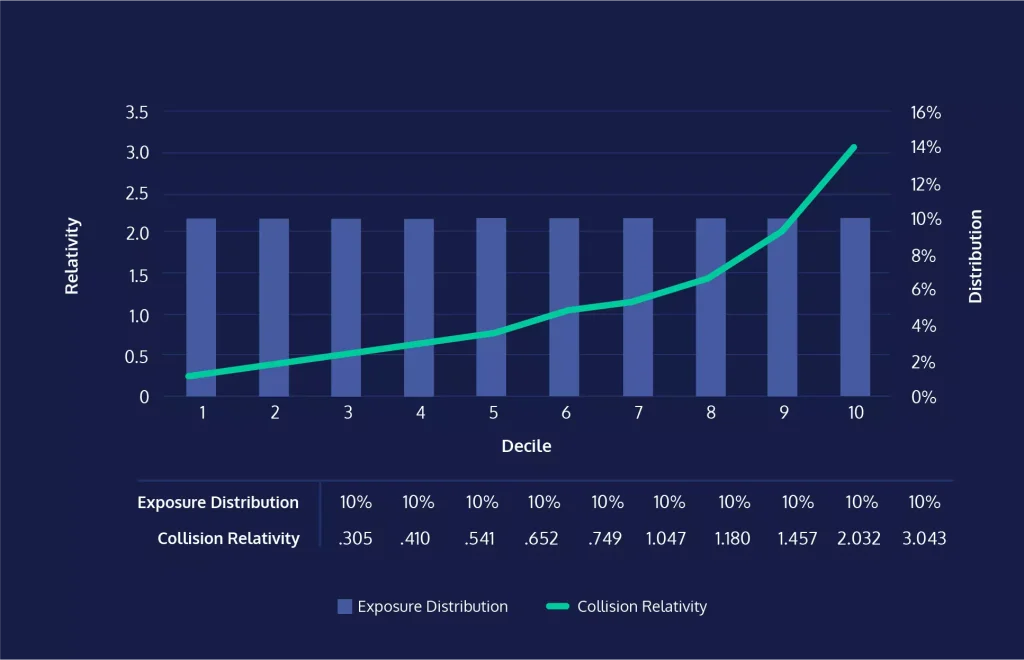The Evolving Support Economy
Today’s customer service ecosystem is fueled by more than quick replies and tiered resolution paths. Businesses must deliver more than answers. They are expected to create experiences that feel intuitive, predictive, and highly contextual. This demand has given rise to precision support systems, infrastructures that rely heavily on real time data, intelligent routing, and adaptive content delivery to ensure every interaction delivers measurable value.
In a data centric environment, every customer interaction becomes an opportunity for feedback, refinement, and relationship building. Precision support systems interpret this constant stream of data to identify user needs before they become problems. Rather than relying solely on human intuition, these systems apply analytics, machine learning, and behavioral mapping to create responses that are more timely, relevant, and helpful.
As the digital support landscape becomes more complex, platforms like Webdev200 are leveraging data as their foundational layer. These businesses are investing in architectures that connect systems, workflows, and human agents to build seamless experiences that drive satisfaction and long term loyalty.
Intelligent Architecture and its Strategic Role
A well designed support system begins with a deliberate architecture. This includes the integration of customer data platforms, behavior tracking systems, CRM tools, and communication channels into one cohesive ecosystem. At the core of this architecture is the ability to synchronize data across every customer touchpoint.
Precision support thrives when architecture is fluid and adaptive. The system must allow for quick data collection, processing, and delivery without creating silos. An inquiry on live chat should reflect immediately in an agent’s dashboard, alongside previous email transcripts, product usage history, and relevant help articles. Without this architecture, support remains fragmented and reactive.
In data centric systems, performance is continuously enhanced by insights rather than assumptions. By tracking interaction patterns across platforms, these systems offer a multi dimensional view of the customer journey. Support strategies can then be optimized not only based on problem type but on emotional tone, urgency, or even user segment.
Webdev200 uses a modular infrastructure to give agents visibility into user journeys from first click to post purchase engagement. This integration ensures that no touchpoint is out of context. The system knows when to escalate, when to automate, and when to personalize.
Personalization at Scale Through Machine Intelligence

One of the primary advantages of precision support systems is the ability to offer personalized assistance at scale. Traditional service models struggle to provide high touch support for every customer due to cost and staffing constraints. Data centric environments remove that limitation.
Machine learning algorithms interpret historical and real time user data to serve dynamic responses tailored to individual needs. These algorithms adapt and improve as more interactions occur. This ensures that personalization becomes deeper over time.
Support bots trained on previous cases learn to identify not only what a user is asking but why they are asking it. When paired with predictive analytics, these bots can even offer solutions before the problem is fully articulated. This transforms passive assistance into active engagement.
For example, if a customer frequently visits a knowledge base article without resolution, the system can prompt a proactive support offer. If sentiment analysis detects frustration in a chat message, the system can route the case to a senior agent trained in conflict resolution. These micro adjustments result in macro improvements to customer loyalty and brand trust.
Webdev200 applies these systems to track engagement drop off points in user flows. When interaction gaps are detected, support content is dynamically updated and agents are prompted to reach out, preventing churn and improving long term product usage.
Real Time Decision Making with Data Fluency
One of the hallmarks of a precision support system is its capacity to act in real time. In a data centric environment, delays in decision making result in lost customers, miscommunication, and inefficiency. Every second counts.
Systems must be designed to process and deliver insight instantly. This includes automated tagging of issues, urgency detection, and contextual reply suggestions. Agents are no longer required to navigate multiple platforms or consult with other departments to understand a case. Instead, decision support tools provide suggested resolutions based on similar historical cases.
This approach empowers human agents. Rather than spending time gathering information, they can focus on tone, empathy, and user rapport. Precision support does not replace humans. It enhances them by removing the noise and streamlining the delivery of relevant data.
Webdev200’s internal tools offer case clustering powered by AI. Agents can view how similar issues were resolved and adjust their approach based on successful patterns. This consistency ensures that service standards are upheld while still allowing for agent discretion.
Redefining Quality with Experience Metrics

Traditional customer service metrics such as time to resolution or number of tickets closed are no longer sufficient in evaluating support effectiveness. In precision support systems, experience metrics take center stage.
These metrics include first contact resolution, customer satisfaction scores, sentiment trajectory, and journey impact. A successful interaction is not just one that solves a problem but one that leaves the user feeling confident, heard, and understood.
Data centric systems track this experience through embedded surveys, passive feedback loops, and behavior analytics. Was the customer able to use the product effectively after the interaction? Did they require follow up support? Were they more or less likely to convert or renew?
These experience signals create a feedback loop that drives continuous improvement. Rather than relying on quarterly reports, modern systems adjust in near real time. Agent scripts are refined. Bot logic is updated. Help articles are rewritten, all based on user sentiment and behavior.
Webdev200 uses voice of customer data to shape training programs and redesign support workflows. This ensures that quality is not just measured but actively engineered into every layer of the system.
Omnichannel Fluidity and Unified User Journeys
Customers no longer follow a linear support path. They move from mobile app to desktop portal to social media query, expecting the brand to follow them and maintain context. In a precision support model, omnichannel consistency is mandatory.
Systems must be able to unify messages, files, interaction history, and decision paths across every support channel. The conversation must pick up where it left off, regardless of where it resumes. This requires robust integration between platforms and centralized data access.
Context continuity is what transforms an interaction into a support experience. When a customer repeats themselves or is transferred without background information, it diminishes trust and increases effort. Precision systems prevent this through intelligent session stitching and interaction mapping.
Webdev200 integrates CRM and communication layers into a single interface. This allows support teams to see a customer’s journey end to end, even if it spans multiple channels. The interface offers timeline views, cross channel transcripts, and interaction summaries that help agents respond with full awareness.
Future Focused Support Powered by Predictive Systems

Precision support systems are not only reactive but increasingly predictive. By identifying risk signals, usage anomalies, and content gaps, these systems preemptively engage users before friction occurs.
Support is no longer confined to a help desk. It extends into product design, onboarding flows, and community engagement. Data centric strategies enable businesses to embed support into the full customer lifecycle.
This predictive model changes the entire philosophy of service. Instead of solving problems, the goal is to eliminate them before they arise. That is a radical departure from conventional reactive models.
For instance, if data shows a user has failed onboarding three times, the system can initiate a guided tutorial or assign a success manager. If multiple users encounter bugs within a specific flow, the support team can escalate it directly to engineering without waiting for complaints to accumulate.
Webdev200 implements predictive scoring models that flag at-risk users based on behavior patterns. These users are enrolled in support acceleration programs designed to boost product confidence and prevent churn.
Ready to Build a Precision Support Experience

The age of generic customer service is over. In its place stands a new standard, precision support systems, fueled by data, powered by AI, and designed for real outcomes. This shift is not about technology alone. It is about orchestrating strategy, empathy, and intelligence into one seamless experience.
Businesses that embrace this model are not only meeting expectations. They are exceeding them. They are building loyalty, trust, and differentiation in a competitive market.
If your organization is exploring how to implement a precision support strategy or upgrade your current infrastructure, the experts at Webdev200 are here to help. From data orchestration to interface design, our solutions are built for businesses that want more than answers, they want excellence.
Contact us to begin designing your future forward support environment.

